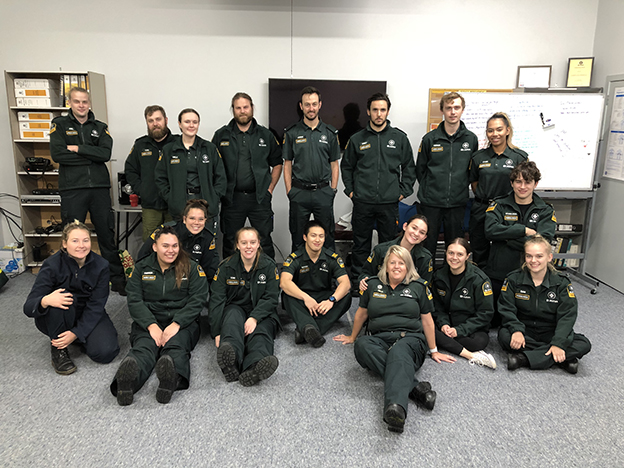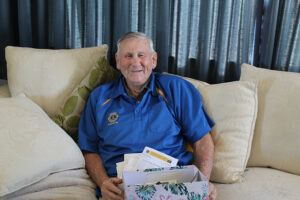St John’s hands-on training programme designed to get volunteer ambulance officers and paramedicine students work ready is gaining success in the Hauraki-Coromandel.
The programme began as a pilot in Ngātea in May last year, and despite the Covid-19 pandemic creating some obstacles along the way, to date 77 people have completed the training with 49 of those going into employment.
St John project lead Ngātea Training Station Julia Te Huia said the programme was set up as part of St John’s Double Crewing Project to give volunteers and paramedicine students “hands on” experience.
“The Ngātea programme expands on the model we’ve used in Hauraki-Coromandel for the past decade to be inclusive of local volunteers, staff, and Auckland University of Technology (AUT) paramedicine students and graduates,” she said.
“We’ve had really great success with it in Ngātea and hope to roll it out in other parts of the country in future.”
Julia said the programme put the “book knowledge” students gained at AUT into real life practice by allowing them to provide cover for the community in a first response capacity and then later as a transporting ambulance.
Other benefits of the programme included helping boost the volunteer pool for first response stations and allowing St John to intermingle metro and rural, to help with exposure and enhance training, Julia said.
“We have precepted two staff to paramedic, and also provided training to our district volunteer team managers.”
Farren McGregor-Smyth, a paramedicine student at AUT, joined the programme last year.
She loved the experience of being exposed to “real life” situations and the opportunities of being able to apply the theory learned in the classroom into action, she said.
“It has really enhanced my understanding and because we’re teamed up with actual paramedics on the frontline – we get the best insight about the world of paramedicine that you don’t gain from a textbook,” Farren said.
She said the programme also provided the opportunity to enhance her people skills and strengthen her emotional intelligence.
“You are learning how to care and treat people in times where they can often be at their most vulnerable. I’ve found that not only is this helping me to become a better future paramedic but also a better person.”
Farren hoped to build on those skills in the form of promoting and encouraging paramedicine as a career option for young Māori and Pasifika.
“I am highly passionate about increasing the numbers of Māori and Pasifika paramedics into the St John workforce so one day, I would love to mentor and promote paramedicine as a future career pathway for Māori and Pasifika students.”


